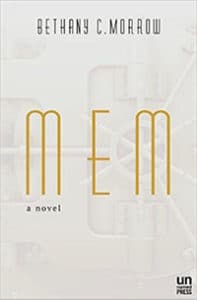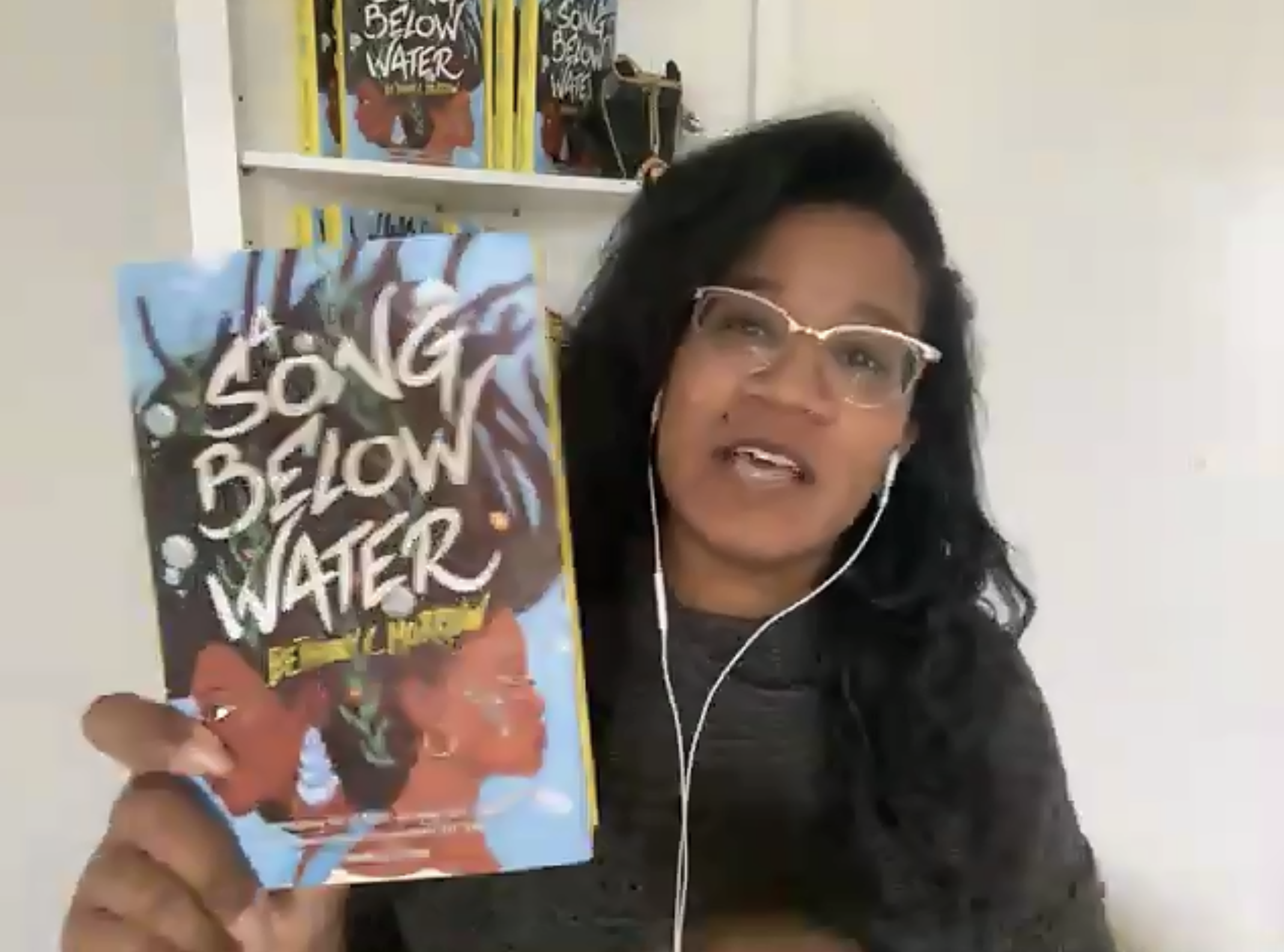

It goes against the mythology of the North as Savior. And that's what happened with Corinth - it was inexplicably evacuated when the Union encampment moved on. It can just pull the plug on your very existence. You were not considered to have a right to a home because the Union can just evacuate it. There was no explanation for its demise, except that the Union Army decided to "evacuate" it, which is how you come to realize that you are not considered free.

I set my Little Women in the Roanoke Islands Freed Peoples' Colony in 1863, so immediately you were in a completely different part of the country.Īnd yet Corinth failed as a Freed Peoples' Colony. Meg is a teacher, Jo a writer, Beth a seamstress and Amy, the youngest, isn't anything yet-but she wants to be a dancer. And there's a really cute family friend, a boy named Lorie, who figures into the story.

Their mother is their moral compass, their dad is away at war. Still, some of the things in this new book, you kept the same.

It seems like the kind of property that no matter how many times it's revisited, it's the same. Basically, Little Women is considered historical fiction, but as a Black woman, I have been excluded from that narrative. I will say that I, like a lot of people my age, was very in love with the 1994 film adaptation, so if there's any similarity, I would expect it to be closer to a couple of elements from that film. It does not matter what a group of white girls was doing that has no bearing on it. I am writing a story about four Black girls in 1863. As I told the editor, it would not matter. Seriously? And you didn't read it before you started writing? I want to start by saying I have no recollection of reading the original. Were you one of those people who read Little Women over and over when you were young, and was that part of the reason you agreed to write your new book?


 0 kommentar(er)
0 kommentar(er)
